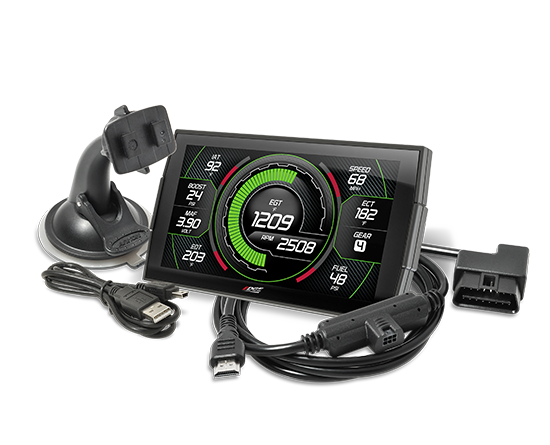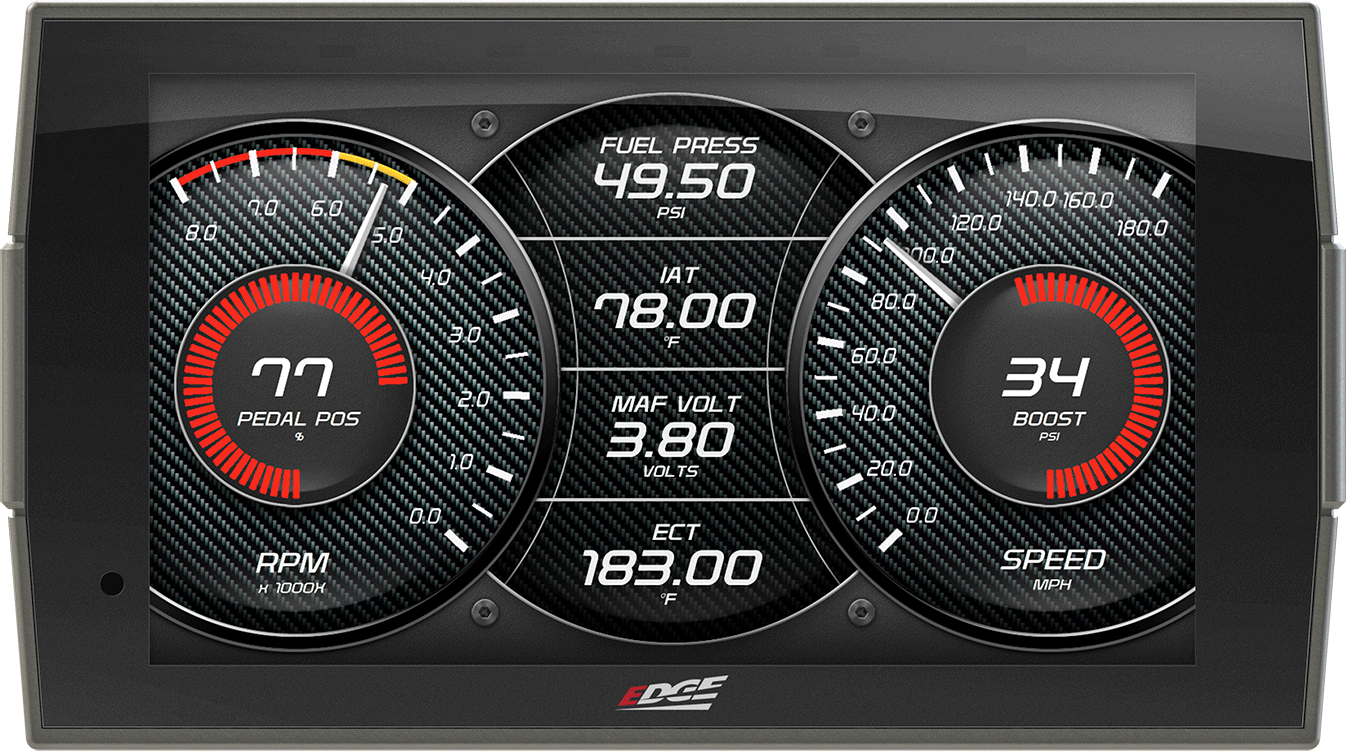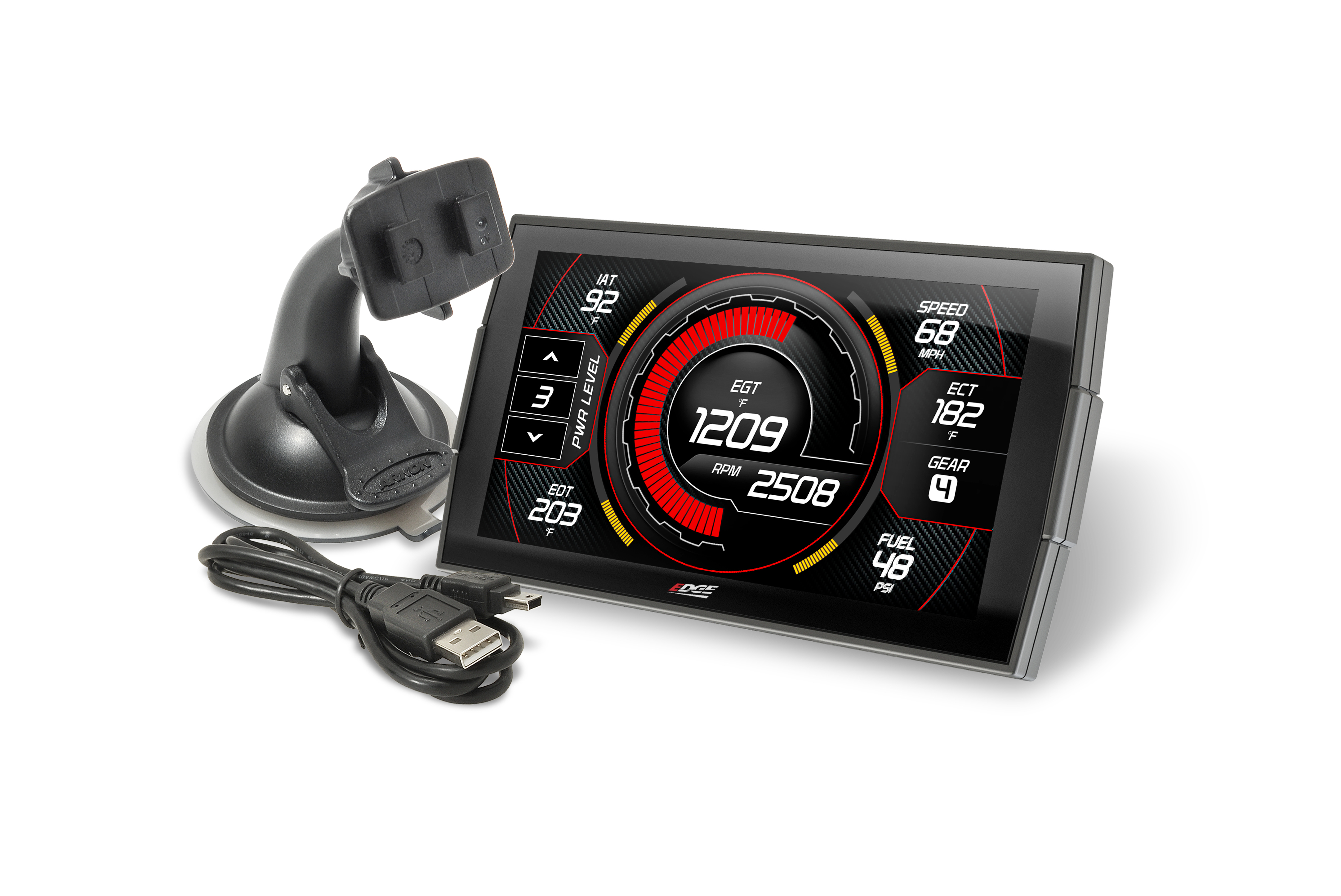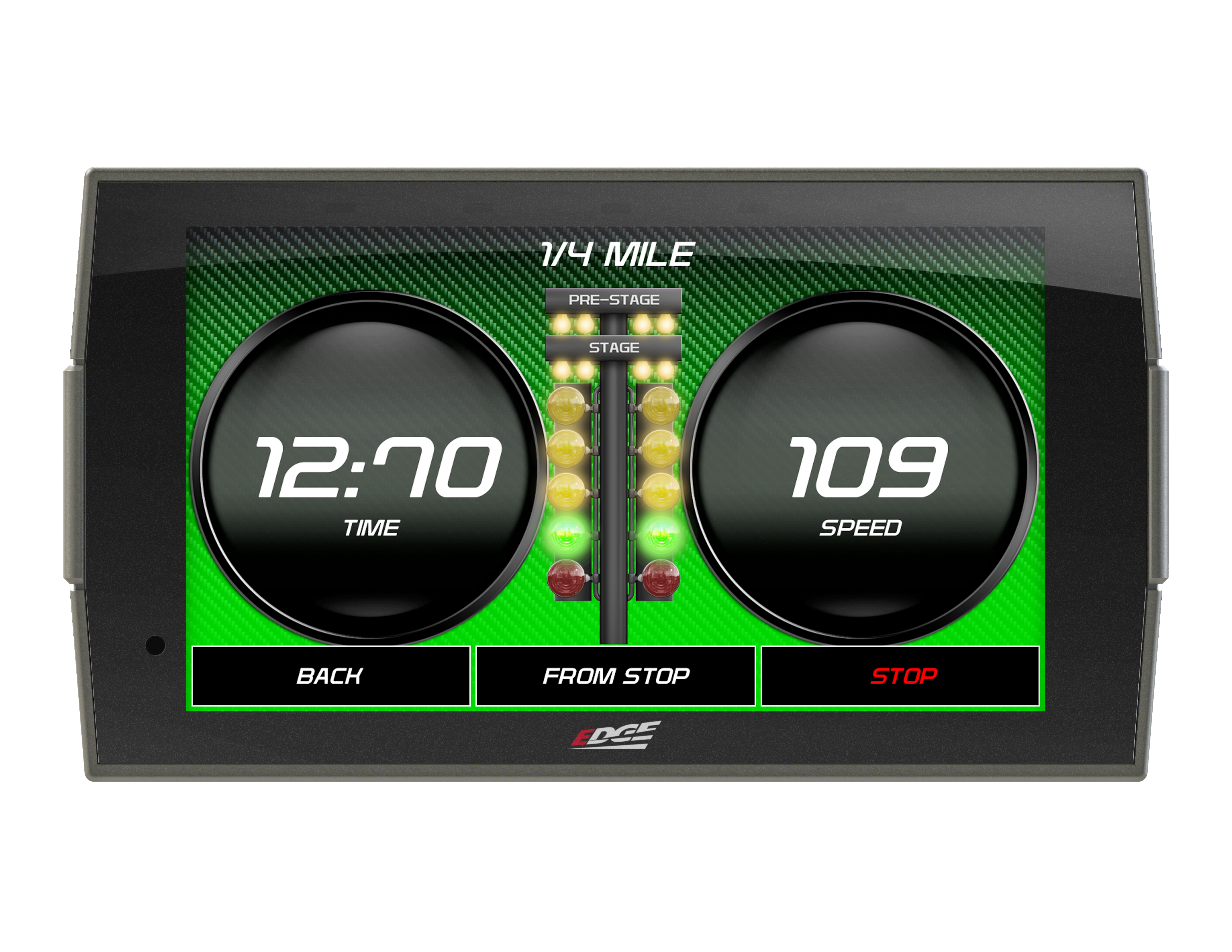The Latest Trends in High-Performance Engine Technology
The world of high-performance engine technology is evolving rapidly, with a focus on sustainability, efficiency, and cutting-edge engineering. Here are some of the most significant trends shaping the future of high-performance vehicles.
1. Electric Performance Engines
Electric motors are becoming a major force in high-performance vehicles. Innovations like the compact and lightweight TSRF (Trapezoidal Stator Radial Flux) motor by EVR Motors demonstrate the potential for higher power density and efficiency at reduced costs. These electric motors are not only smaller and lighter but also deliver superior performance, which is essential for racing and high-performance applications. This advancement makes electric vehicles (EVs) competitive with traditional combustion engines in terms of both power and flexibility
2. Hybrid Powertrains in Racing
Hybrid technology is gaining traction in motorsports, bridging the gap between traditional combustion and electric propulsion. For instance, Bentley has unveiled an Ultra Performance Hybrid that pairs a high-powered V8 engine with advanced hybrid systems, achieving over 750 horsepower while offering a 50-mile electric range. This combination emphasizes performance while maintaining efficiency, positioning hybrids as a key player in racing and luxury vehicle markets
3. Hydrogen Combustion Engines
Hydrogen combustion engines present a unique blend of sustainability and traditional performance. Companies like Toyota are exploring hydrogen technology, especially in endurance racing, as it delivers near-zero emissions while retaining the sound and feel of combustion engines. This technology could appeal to fans of conventional racing who value the visceral experience of engine performance
4. Battery Advancements
The adoption of solid-state batteries and improvements in energy density are vital for the next generation of EVs. Enhanced energy recuperation systems, such as those seen in Formula E racing, now recover up to 40% of energy during races. This not only extends the range of EVs but also optimizes their performance, making them more practical and competitive for high-speed and endurance applications
5. Integration of AI and Smart Technologies
Modern high-performance vehicles are incorporating AI to optimize engine performance and energy usage. Advanced software can analyze driving conditions and adjust power delivery for maximum efficiency and speed. Such technologies are being developed for both racing and consumer vehicles, ensuring that even the most powerful engines remain eco-conscious.
Looking Ahead
The convergence of electrification, hybrid systems, and innovative engineering promises a future where high-performance engines are not just powerful but also sustainable. The shift to greener technologies is reshaping the racing industry and inspiring automotive innovations for the next generation of vehicles.
Sources
McKinsey & Company — New automotive industry trends in 2024 and beyond | McKinsey













